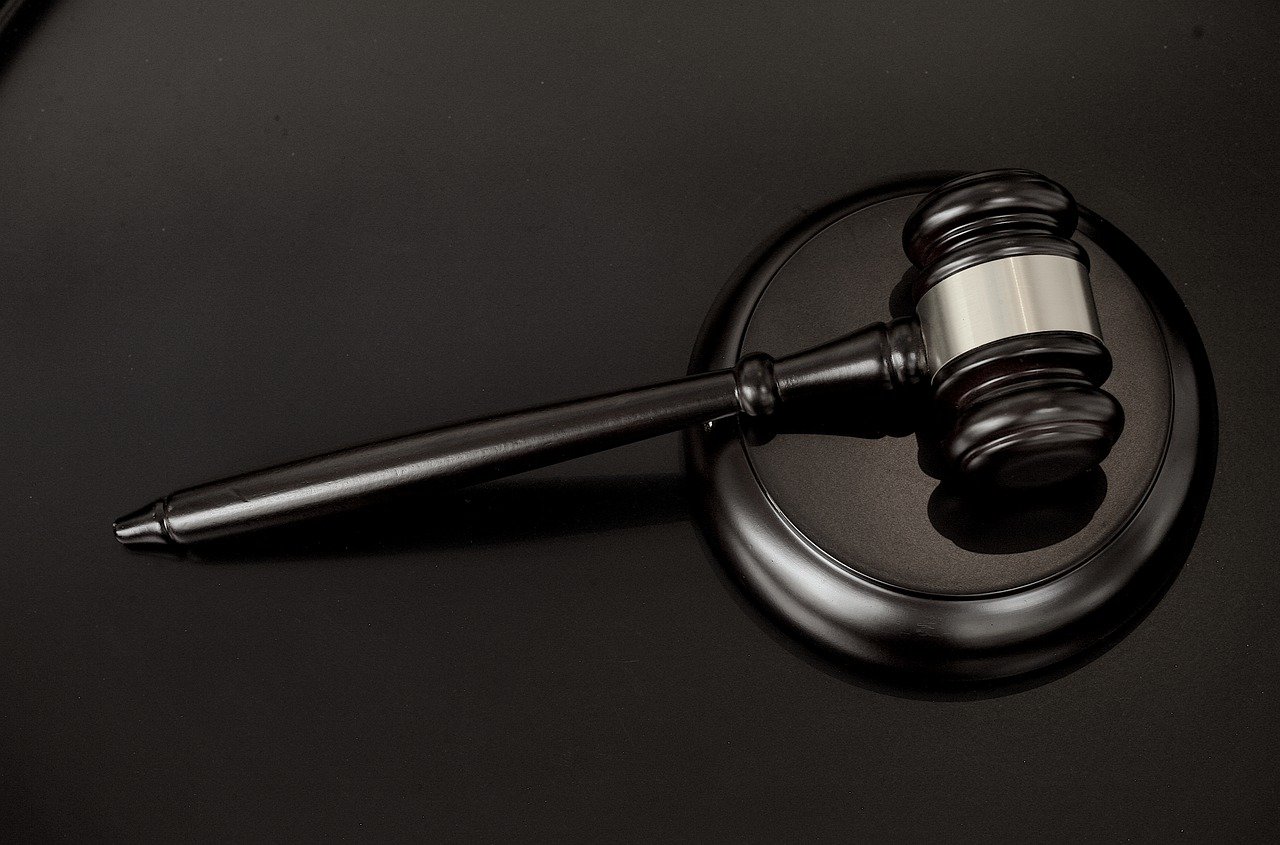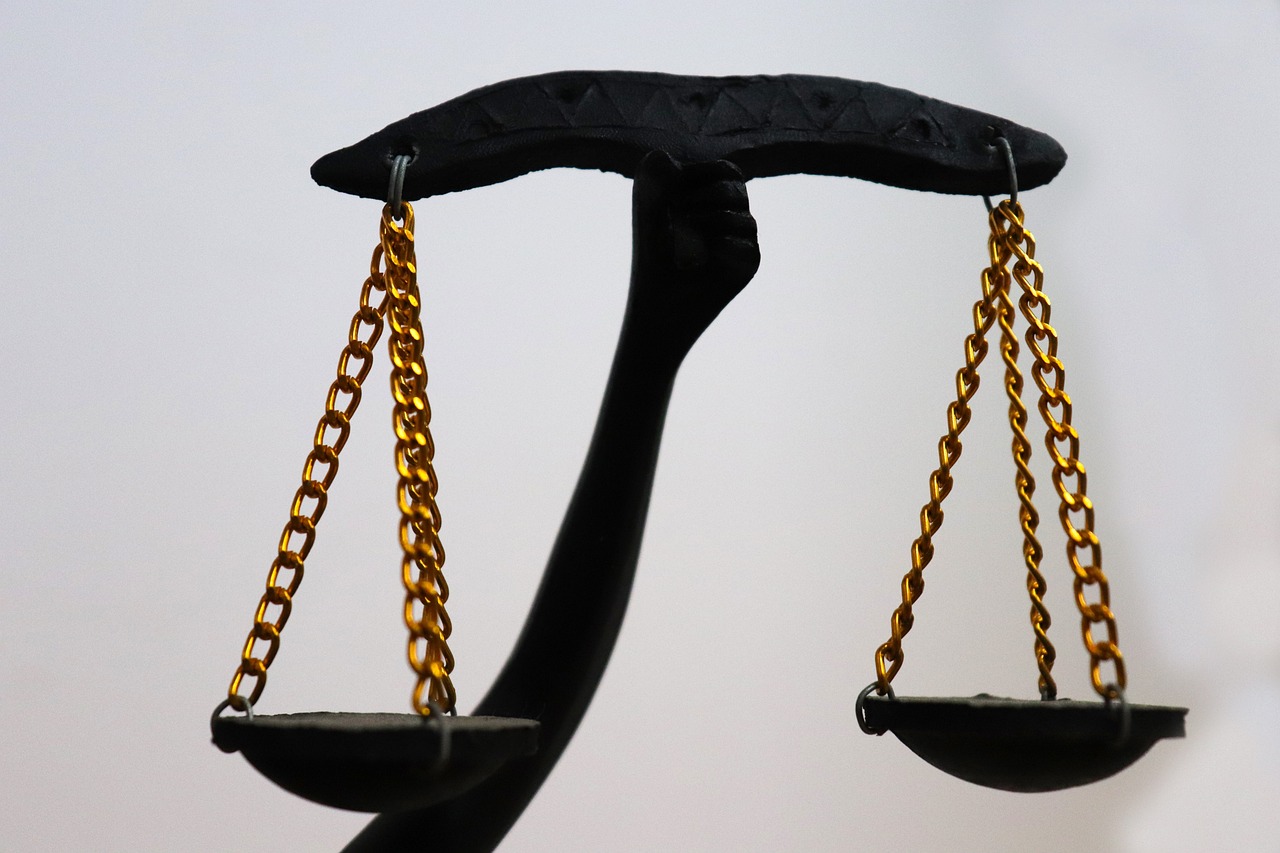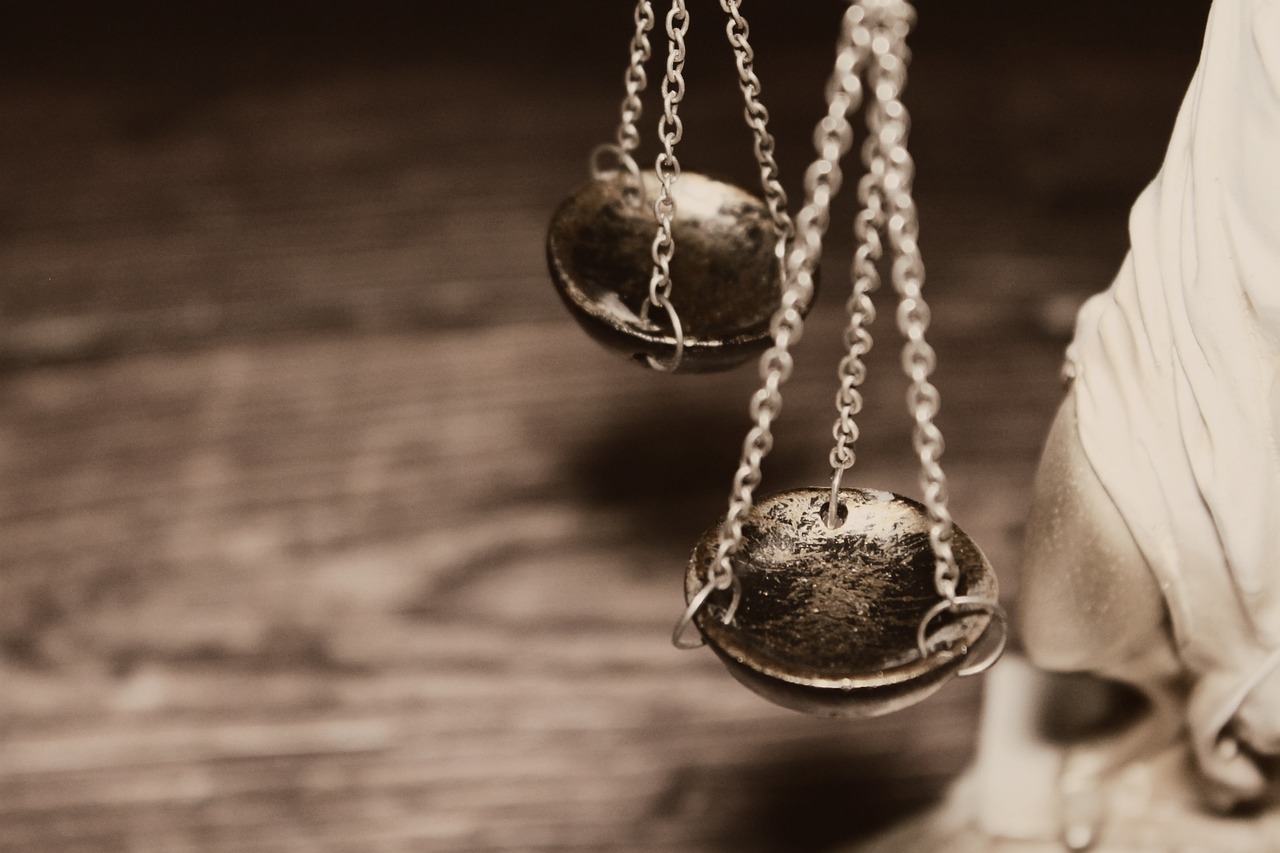The final green card interview is the last checkpoint in the process of filing for permanent residency. It is a face-to-face meeting with an officer from USCIS (in the United States) or from the Consulate in the country where you reside abroad.
The interviewing officer will ask you questions and evaluate your application materials. Getting prepared for this interview is crucial for a successful outcome.
The purpose of the interview
The interview is a face-to-face meeting with a USCIS immigration officer (for applicants inside the United States) or consular official (for those outside the country). It typically occurs 7 to 15 months after filing an adjustment of status application. Generally, both the principal and derivative spouse must attend.
The main purpose is to verify the information in your application. It’s also an opportunity for the government to request additional evidence, such as proof that your marriage is authentic, tax statements, and more. Those requested documents must be submitted by the due date indicated on your request for evidence (RFE).
The interviewer may also ask questions about your employment and income, to assess whether you will be able to support yourself without relying on public benefits. These questions can feel invasive and personal. It is a good idea to have an attorney present to ensure that you can respond clearly and convincingly. This will make it more likely that the interviewer will recommend your case for approval.
The interviewing officer’s questions
The interviewing officer will review all of the information in your application and verify that it’s correct. The officer will also ask questions about any changes that have happened in your life since your application was filed. It is always better to be honest, even if the information in question may hurt your case.
The officer will likely ask about your employment, responsibilities, and financial stability. The goal of these questions is to confirm that you will be able to support yourself and not require public benefits.
The interviewing officer will also ask questions about your family, including children and parents. The questions will often get personal, and can be difficult to answer. If you are unsure of how to respond, it’s best to be honest and admit that you don’t know the answer. An experienced immigration attorney can help you prepare answers to these and other tough questions. They can help you prepare effective responses that will strengthen your case.
Getting ready for the interview
Applicants should prepare themselves for questions about themselves, their family, and their life together in the United States. Some may find the questions personal and embarrassing, so it is important to be honest and calm. Applicants who are not fluent in English may choose to bring an interpreter with them to help them answer the interviewer’s questions. This should be a registered interpreter who can show proof of their registration and take an oath to not reveal any information.
Those who are nervous or stressed should practice their responses with their spouse in advance. This can help them feel less nervous on the day of the interview. It is also important to have all the necessary documents organized in a folder and ready to present at the interview.
Sometimes the interviewing officer will request additional documentation by sending you a Request for Evidence (RFE). These requests typically ask for more proof of your relationship or background, such as utility bills and bank statements. If you are unable to submit the required documents, the government may deny your green card application.
The outcome of the interview
If all goes well at the interview, the government will approve your application and send you a green card in the mail. The officer may also issue a Request for Evidence (RFE) and ask you to submit more information or clarify certain points of your submission.
Be sure to answer all the questions truthfully, no matter how personal. Dishonesty will only hurt your case, and even the most innocent misrepresentation could result in a denial of your green card.
Marriage-based green card interviews will likely include questions about the history of your relationship, your daily activities, and future plans. The interviewer’s primary objective is to compare the answers you provide with the facts in your application and supporting documents. Be sure to prepare by reviewing your applications and documentation beforehand, and refresh your memory about key dates and events. You can also bring additional proofs of authenticity, such as joint photos, utility bills, bank statements, etc.



